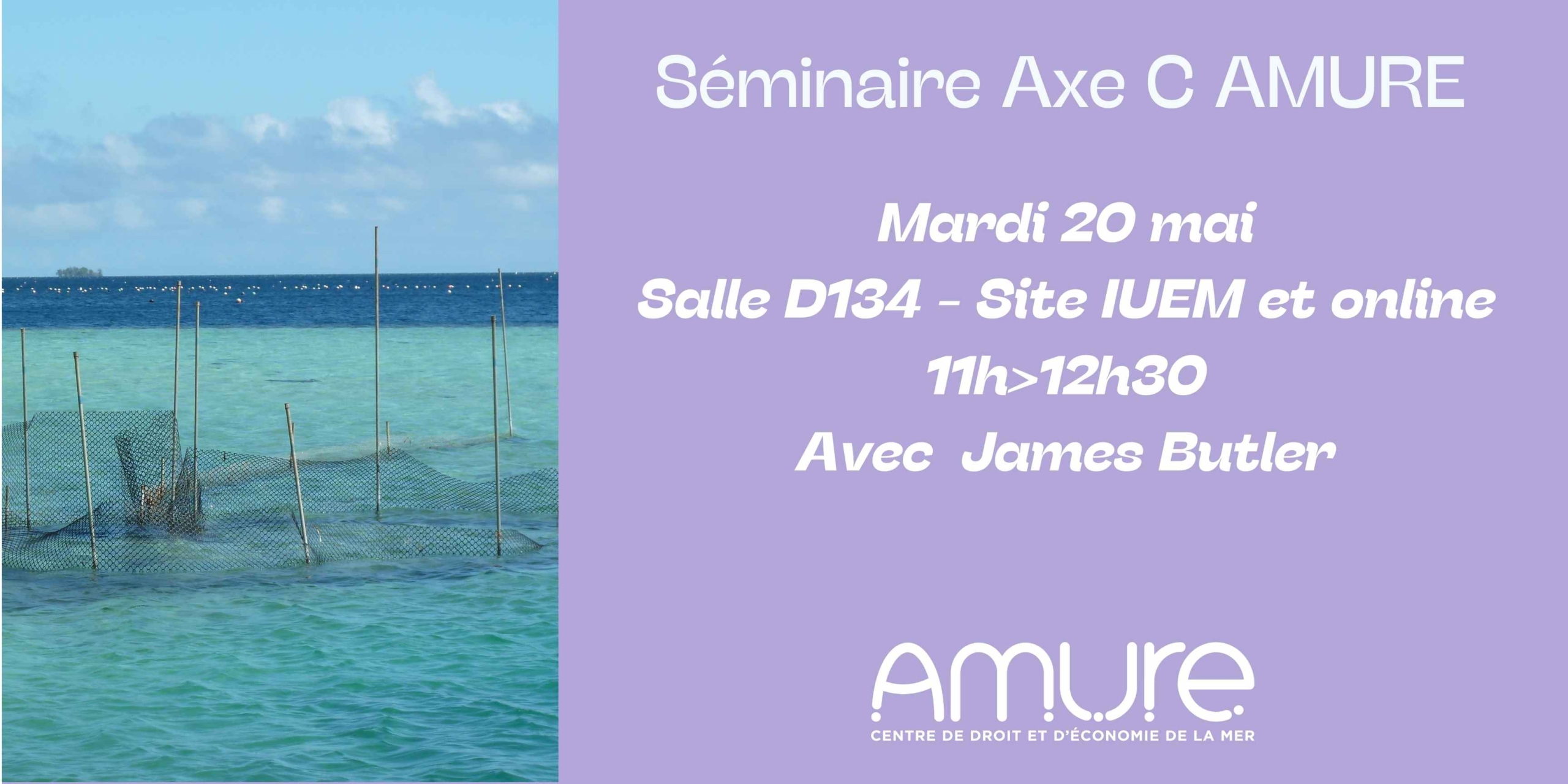By James Butler, Transdisciplinary Science Group, Cawthron Institute, New Zeland,
Adaptation pathways planning for the New Zealand Seafood and Aquaculture sector: Lessons learned
Abstract : The New Zealand seafood sector presents the nationwith an exciting alternative to traditional land-based agriculture and forestryactivities. However, the marine environment is changing rapidly, and with it theeconomic and policy context on which New Zealand’s export industries depend.Consequently, the seafood sector must take a proactive stance, and aim to bothunderstand future risks and opportunities presented by climate and global change.In this presentation I will describe an adaptation pathways approach developedand tested with four seafood case studies: salmon and mussel aquaculture, theinshore snapper fishery, and the deep water hoki fishery. Adaptation pathwaysare broadly defined as ‘the proactive formulation of a series of decisionpoints to implement a suite of strategies designed to address emerging climaterisks and opportunities, while maintaining flexibility to respond to unexpectedfuture change’. In 2023 we convened adaptation pathways planning with keydecision makers from enterprises, government, regulators, research and civil societyto identify adaptation strategies. Pathways were formulated for suites of lowrisk ‘no regrets’ strategies and higher risk, transformational strategies. Keydecision points where pathway options would close or open were also identified.Action plans were developed for the investment and implementation of thepathways, and are now being implemented. I will reflect on the planning approach,lessons learned for future processes, and progress with implementation. I hopethat our New Zealand experience will benefit from comparison with similarprocesses in France and Europe.
Bio : James is a Cawthron’s Transdisciplinary Science Group Manager, with a multi-disciplinary background in agricultural economics, development studies and terrestrial, freshwater and marine ecology gained in Africa, Scotland, Australia and the Indo-Pacific region. His research solves complex natural resource management problems, focussing on achieving climate resilient development with coastal and island communities. He applies participatory systems research to develop tools and processes with decision-makers that enable them to better understand future change, and to adapt and innovate accordingly. At Cawthron, James’ projects involve transforming coastal food systems, adaptation in commercial and recreational fisheries and aquaculture, and blue carbon conservation and restoration.
Mardi 20 mai 2025
11h > 12h30
Salle D134
IUEM et via Zoom
lien sur demande


